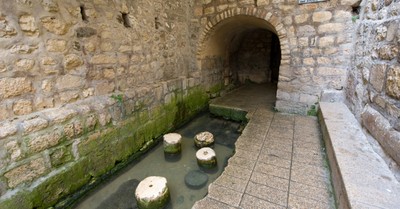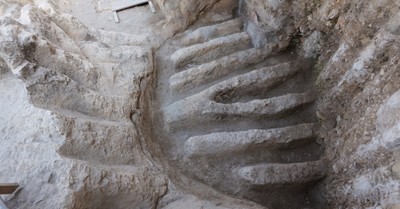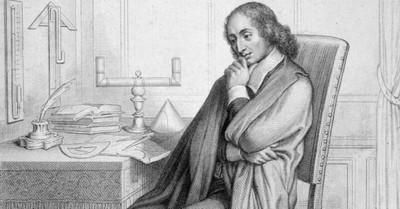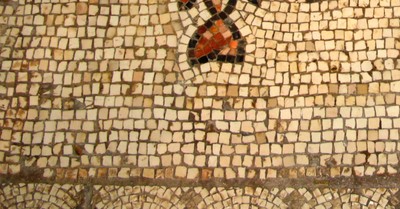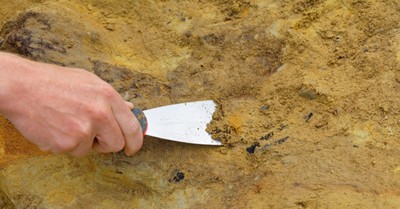
On the 60th anniversary of the 16th Street Baptist Church bombing in Birmingham, Alabama, Supreme Court Justice Ketanji Brown Jackson spoke on the importance of remembering the difficult moments of racial inequality in U.S. history.

On the 60th anniversary of the 16th Street Baptist Church bombing in Birmingham, Alabama, Supreme Court Justice Ketanji Brown Jackson spoke on the importance of remembering the difficult moments of racial inequality in U.S. history.
"It was complete chaos." Brian Branco was with five co-workers on the morning of September 11, 2001. He and one other person in his group survived. Hear his story and others today, as we remember 9/11.
Archaeologists and workers in Israel in recent weeks have unearthed eight steps at the Pool of Siloam as part of a major project that will reveal – for the first time in centuries – the very stones that Jesus and the men and women of Scripture once walked.
Researchers have found four Roman-era swords with steel blades and hilts and scabbards made of wood and leather in a recent excavation near the Dead Sea.
Archaeologists in Jerusalem have uncovered a 2,800-year-old channel installation that dates to the time of the biblical kings, but that – so far – is a mystery as to its purpose.
The most well-known line of King’s speech is this one: “I have a dream that my four little children will one day live in a nation where they will not be judged by the color of their skin but by the content of their character.” That vision has never been fully realized, and its greatest threat today is a set of ideas that purport to advance racial justice but instead oppose it. Critical Race Theory and the critical theory mood that infects so many areas of our culture, especially education and media, are all about issuing judgments about the character of entire groups of people based solely upon the color of skin.
Twenty years ago, in a commentary about this historic speech, Chuck Colson articulated why only the Christian vision of the human person can ground an understanding of human rights, universal human dignity, and value that extend to everyone. Recently, the world has learned disturbing details about King’s character and moral failures. Colson’s analysis of King’s ideas, and his call to Christians to live out of a Christian worldview, remain true and relevant today.
On August 19, 1662, French philosopher, mathematician, and apologist Blaise Pascal died at just 39 years old. Pascal, despite his shortened life, is renowned for pioneering work in geometry, physics, and probability theory. His most powerful legacy, however, involves the ways he engaged with life’s biggest questions.
Pascal’s intellect garnered attention at an early age. At 16, he produced an essay on the geometry of cones so impressive that René Descartes initially refused to believe it could possibly be attributed to a “sixteen-year-old child.” Later, Pascal advanced the study of vacuums in the face of a prevailing (and misplaced) belief that nature is completely filled with matter, and thus “abhors a vacuum.”
The Megiddo Mosaic, an ancient Christian mosaic that was once in northern Israel, may be uprooted and moved to the Museum of the Bible in Washington, D.C.
Archaeologists in Israel have uncovered what is believed to be the oldest city gate in the Holy Land.
The faith-based biographical film The Hiding Place has been extended in theaters after debuting in the Top 10 and playing to large crowds on opening night.

